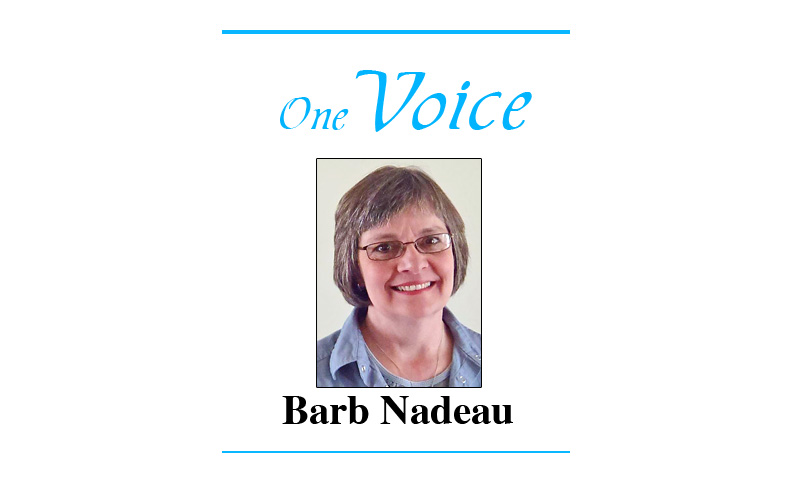
I lost my mother to age-related dementia 12 years ago. The doctors said it wasn’t true Alzheimer’s, but what does that mean anyway? She’s gone now, and I miss her.
Every June the Alzheimer’s Association tries to bring greater awareness to Alzheimer’s disease and dementia. Dementia is the generic term, and Alzheimer’s the most common cause of dementia. Dementia is not a normal part of aging, and one of the more empowering things we can believe is that we can continue to live rewarding, full, lives without dementia. We shouldn’t accept it as inevitable, and we shouldn’t judge each other by assuming it on to others.
So, what is dementia? What is Alzheimer’s disease?
There are many types of dementia, including vascular dementia, Parkinson’s-related dementia, Cruetzfeldt-Jakob Disease, Lewy Body Dementia, and others. Basically, dementia is caused by damage to brain cells with the end result as an inability to communicate and to act accordingly in live circumstances. Dementia symptoms can worsen over time, and sometimes a doctor may just diagnose dementia and not specify a type. It may be necessary to see a specialist to determine from what the individual is suffering. Dementia may be caused by depression, side effects of medications, excessive use of alcohol, or other bodily systems not functioning properly, such as thyroid problems, or having a vitamin deficiency.
Alzheimer’s is a degenerative brain disease with gradually worsening symptoms. The first thing that is detected is an inability to learn new things. We see this as someone who can remember things in the distant past but cannot recall recent events and conversations.
When Alzheimer’s progresses, the individual may become moody or withdrawn, they may become increasingly confused about where they are, or forget where they placed things. If they lose track of the day of the year or the sequence of years they have lived, they may start acting as if they were in another decade, needing to go home to Mom’s house instead of their own. Eventually the person has trouble speaking, swallowing, and walking.
Most of those suffering from dementia or Alzheimer’s, are over the age of 65, however younger-onset Alzheimer’s is not uncommon, and people affected can be in the early, middle, or late, stages of the disease. Someone diagnosed with Alzheimer’s or dementia may have a life span of four to eight years on average, but some can live as long as 20 years. It is a heart-wrenching reality that affects families everywhere.
There are things a person can do to help avoid Alzheimer’s and to keep the brain healthy, including exercising regularly, and avoiding excessive sugar, alcohol, and processed meats. Medical experts say it is good to avoid smoking, too.
Having seen dementia first hand, and having been a caregiver, I can say without a doubt that dementia is a horrible existence for the individual at the onset. As the person comes to realize he or she is “losing it” becomes withdrawn, isolated and they struggles to hide the evidence of decline. However, in the later stages, I believe it is worse for their loved ones. The person suffering can forget and can go elsewhere in the mind when the going gets tough, but family has limited chances to communicate, to give love, and to feel loved. For that reason alone, I think it is more agonizing to be the family member watching from the outside.
There is hope, though. The Alzheimer’s Association continues to advocate and raise money for research at www.alz.org. That website contains up-to-date information and resources.
Locally, providers of home care-giving services are available, and care-giver support is available through senior centers. Adult Day services are available, too.
I urge anyone dealing with a loved one suffering from dementia, or Alzheimer’s, not to go it alone, but to reach out for assistance and support. The badge of courage you will earn as a care-giver will never be taken away. It will change your life forever, but it is something you will never regret.
Barb Nadeau is the Mobility & Community Relations manager for Voluntary Action Center of Northern Illinois, representing five counties. Barb’s career includes many years as a professional television and radio host, as well as a print and social media journalist, and as a Volunteer Coordination professional, networking among non-profit social service agencies throughout the State of Illinois. She is a freelance writer and an elected alderman in the City of Plano. Contact Barb at bvnadeau@gmail.com

